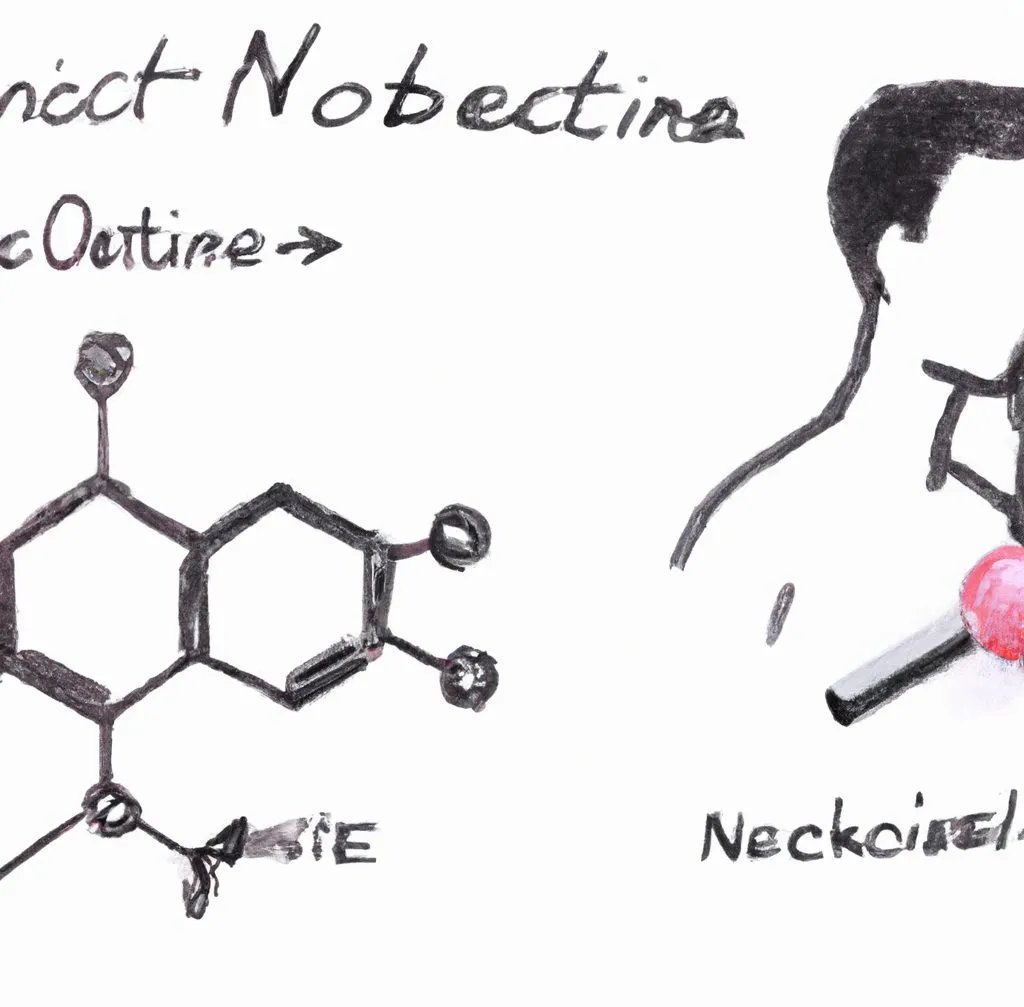
Nicotine, primarily known for its association with smoking, is a potent alkaloid found in the leaves of the tobacco plant and in small amounts in other plants such as tomatoes, potatoes, and eggplants. While its addictive properties and detrimental effects on health have been widely documented, the impact of nicotine on metabolism remains a topic of significant interest and ongoing research.
Metabolism, the complex set of chemical reactions that occur within the body to maintain life, is influenced by numerous factors, including diet, exercise, genetics, and environmental stimuli. Nicotine, as a psychoactive substance, interacts with the body in various ways, affecting metabolic processes in both subtle and profound manners.
Understanding Nicotine and Metabolism
Upon inhalation or ingestion, nicotine rapidly enters the bloodstream and is distributed throughout the body, crossing the blood-brain barrier and exerting its effects on the central nervous system. The liver primarily metabolizes nicotine through the action of enzymes, predominantly cytochrome P450 2A6 (CYP2A6), which converts nicotine into several metabolites, including cotinine and nicotine-N’-oxide. These metabolites are then further broken down and eliminated from the body through urine.
Nicotine’s Influence on Energy Expenditure
One of the most intriguing aspects of nicotine’s effect on metabolism is its impact on energy expenditure. Research suggests that nicotine can increase metabolic rate and energy expenditure through various mechanisms. Animal studies have shown that nicotine administration leads to elevated sympathetic nervous system activity, resulting in increased heart rate, blood pressure, and thermogenesis—the process by which the body generates heat.
Furthermore, nicotine has been found to stimulate the release of certain neurotransmitters, such as dopamine and norepinephrine, which play crucial roles in regulating appetite and energy balance. By enhancing the activity of these neurotransmitter systems, nicotine may suppress appetite and increase the body’s utilization of stored fat for energy, potentially leading to weight loss.
Effects on Glucose Metabolism
Nicotine has also been implicated in altering glucose metabolism, which plays a central role in the regulation of blood sugar levels and energy homeostasis. Studies have shown that acute nicotine exposure can lead to transient increases in blood glucose levels, primarily through the stimulation of the sympathetic nervous system and the release of stress hormones such as adrenaline and cortisol.
However, chronic nicotine exposure, particularly through smoking, has been associated with insulin resistance and an increased risk of type 2 diabetes. Nicotine has been shown to impair insulin signaling pathways, leading to decreased insulin sensitivity and disrupted glucose uptake by cells. Moreover, the numerous toxic compounds present in cigarette smoke can further exacerbate these effects, contributing to the development of metabolic disorders.
Impact on Lipid Metabolism
In addition to its effects on glucose metabolism, nicotine can also influence lipid metabolism—the process by which fats are broken down and utilized by the body. Research suggests that nicotine may promote lipolysis, the breakdown of fat stores into fatty acids and glycerol, through its activation of the sympathetic nervous system and the release of adrenaline.
While this increased mobilization of fatty acids may initially lead to weight loss, chronic nicotine exposure has been linked to adverse changes in lipid profiles, including elevated levels of triglycerides and LDL cholesterol (often referred to as “bad” cholesterol) and decreased levels of HDL cholesterol (known as “good” cholesterol). These alterations in lipid metabolism contribute to the development of atherosclerosis and cardiovascular disease, which are among the leading causes of morbidity and mortality associated with smoking.
Gender Differences and Hormonal Effects
It’s worth noting that the effects of nicotine on metabolism may vary depending on factors such as gender and hormonal status. Research suggests that women may be more susceptible to the metabolic effects of nicotine compared to men, possibly due to differences in hormone levels and metabolism. Furthermore, nicotine has been shown to interact with sex hormones such as estrogen and testosterone, which can influence its metabolic effects.
Nicotine Pouches and Metabolic Effects

Nicotine pouches deliver nicotine to the bloodstream through a process known as transmucosal absorption, whereby the nicotine is absorbed through the mucous membranes of the mouth. This route of administration bypasses the lungs and liver, resulting in more rapid delivery of nicotine to the brain compared to smoking. As a result, nicotine pouches can produce effects such as increased alertness, mood enhancement, and appetite suppression, similar to those observed with other forms of nicotine consumption.
In terms of metabolism, nicotine pouches may exert similar effects to other nicotine delivery methods, albeit with some potential differences. The stimulation of the sympathetic nervous system by nicotine can increase metabolic rate and energy expenditure, potentially leading to weight loss, at least in the short term. Additionally, nicotine’s effects on appetite suppression may result in reduced food intake, further contributing to changes in metabolism and body weight.
Conclusion
In conclusion, nicotine exerts complex and multifaceted effects on metabolism, impacting energy expenditure, glucose metabolism, lipid metabolism, and hormonal regulation. While acute nicotine exposure may lead to transient increases in metabolic rate and energy expenditure, chronic exposure, particularly through smoking, is associated with a myriad of metabolic disturbances and an increased risk of metabolic disorders such as obesity, insulin resistance, and cardiovascular disease.
Understanding the intricate interplay between nicotine and metabolism is crucial for developing effective strategies for smoking cessation and mitigating the adverse metabolic effects associated with nicotine addiction. Further research into the molecular mechanisms underlying these effects may pave the way for the development of targeted therapies to combat nicotine dependence and its metabolic consequences, ultimately improving public health outcomes.
